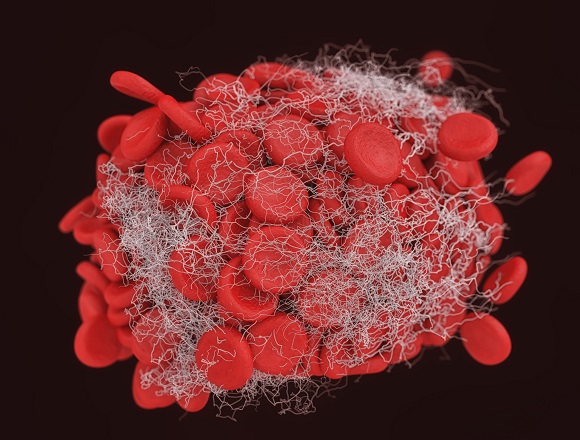Mark Crowther, MD, MSc, is a professor of medicine, chair of the Department of Medicine, and Leo Pharma Chair in Thromboembolism Research at McMaster University.
If you were to name the 3 most important recent advances in hematology that are relevant for everyday practice, what would they be?
The 3 most relevant advances in hematologic practice in the last year or so are probably spread across all the different domains of hematology. I would say in my area of expertise, which is thrombosis and thromboembolism, I think the most important advances are the continuing development of evidence about how effective the Xa inhibitors are for the treatment and prevention of thrombosis, but also a lot more knowledge about situations in which we shouldn’t use the Xa inhibitors.
For example, in the last year there’ve been important papers showing and confirming that patients with antiphospholipid antibody syndrome should be treated with warfarin. And very recently, just the last week, a very important paper was published in the New England Journal of Medicine showing that the Xa inhibitors are not as effective as warfarin for the prevention of stroke and systemic embolization and other adverse events in patients with valvular heart disease.
A second area where there’ve been enormous advances is generally in the treatment of malignant hematologic conditions; not that there’s one specific area within which there have been advances, but more that the evolution in genetic knowledge and our understanding of the biology of malignant hematologic diseases has led to the development of an enormous number of highly tailored therapies, which are starting to show significant advances in the care of patients with malignant hematologic conditions.
And then finally I would say that techniques around transplantation, CRISPR (clustered regularly interspaced palindromic repeats) gene editing are just starting to become very important, not just for the treatment of malignant hematologic diseases—for example, relapsed and refractory lymphomas—but also in the treatment of diseases such as sickle cell disease and thalassemia, and other monogenetic diseases which may be amenable either to transplant therapy, to some of the new drugs that are being developed, or to the principles of stem cell therapy.
 English
English
 Español
Español
 українська
українська








